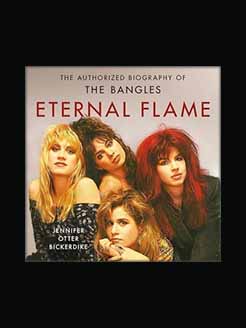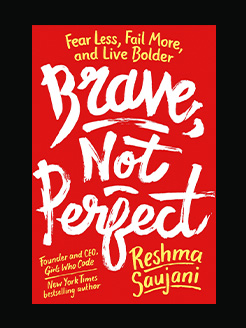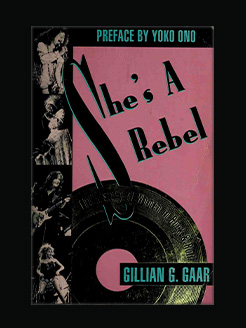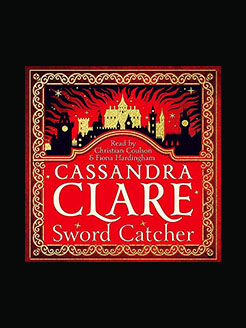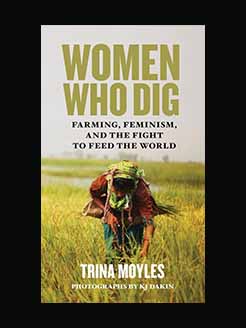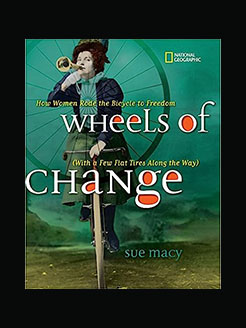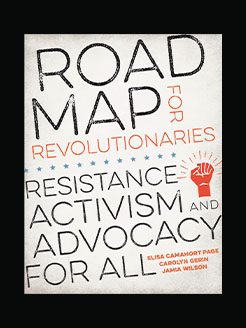Published in 1981
192 pages
Ethel Johnston Phelps, born in 1914, in Long Island City, New York, was an influential author and feminist advocate known for reshaping children’s literature. From a young age, she demonstrated a passion for storytelling, contributing to school and local publications. Phelps graduated from Adelphi University in 1934 and had her first one-act play produced shortly thereafter. After marrying Richard J. Phelps in 1937 and raising three children, she became active in local theater during the 1950s, furthering her writing aspirations. Notably, she earned a master’s degree in medieval literature in 1973 and became marketing manager for the Feminist Press, which bolstered her confidence as a writer.
Phelps observed the lack of strong female characters in children’s literature and sought to address this gap by gathering and retelling folk tales featuring adventurous girls, resulting in her acclaimed collections, Tatterhood, and Other Tales (1978) and The Maid of the North (1981). These works gained popularity and sparked discussions among feminist critics regarding their entertainment value versus their role as feminist propaganda. Beyond her writing, Phelps was active in her community, supporting local libraries and storytelling initiatives. She passed away in 1984 while working on new novels, leaving behind a legacy that continues to inspire discussions about gender representation in children’s literature.
What is this book about?
The Maid of the North weaves together tales about a woman’s right to freedom of will and choice. In this collection of mostly nineteenth-century folk and fairy tales, Ethel Johnston Phelps’s heroines successfully portray women as being spirited, courageous and smart. This type of heroine is not easily found in most collections; in most traditional folk and fairy tales we encounter women are portrayed as being good, obedient, submissive, and, of course, beautiful. These women—and girls—are resourceful; they take action to solve a problem and use cleverness or shrewd common sense to solve the dilemmas they face.
The tales themselves are part of an oral tradition that document a generation according to the values of the time. Phelps has given these older tales a fresh, contemporary retelling for a new generation of readers, young and old. She shapes each story—adding or omitting details—to reflect her sense of a feminist folk or fairy tale.
The twenty-one tales collected represent a wide variety of countries; approximately seventeen ethnic cultures from North America to Europe to Asia tell a story in which women play a leading or crucial role in the story.
